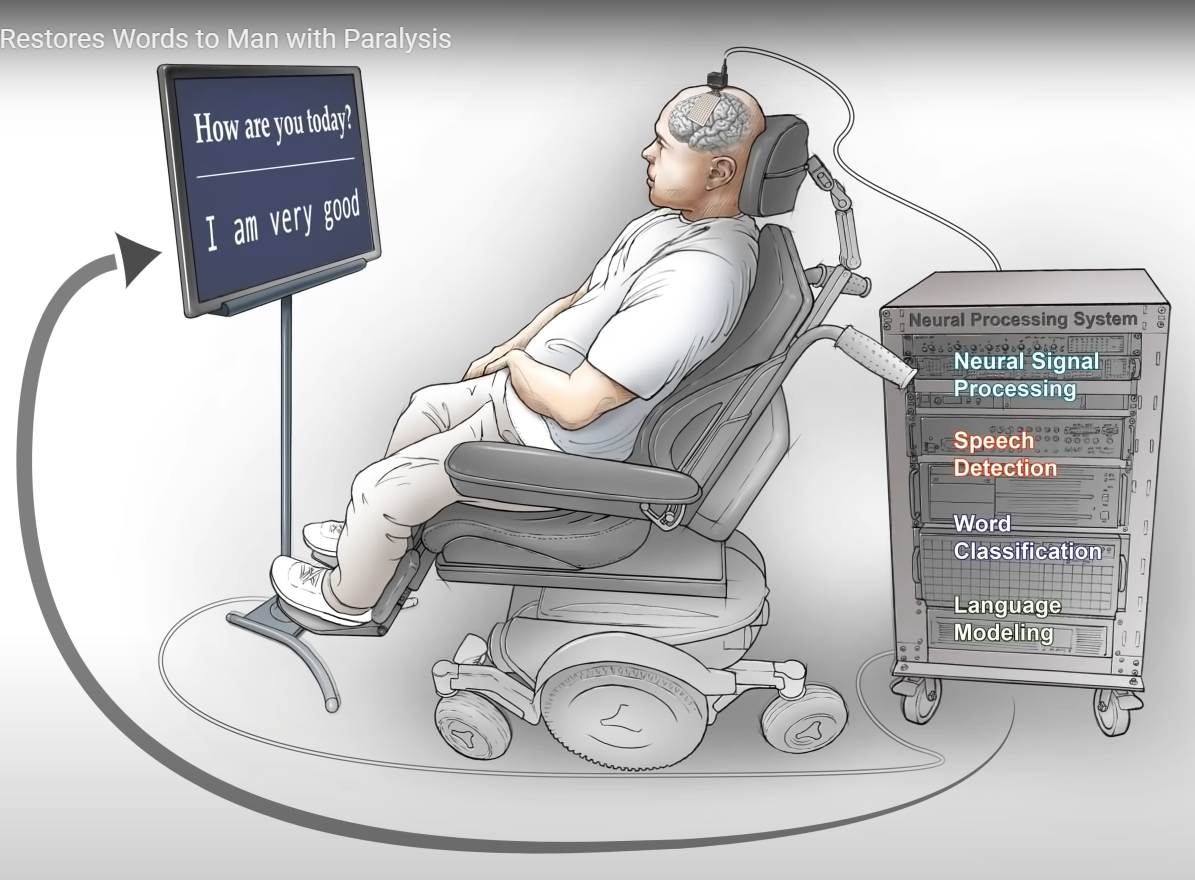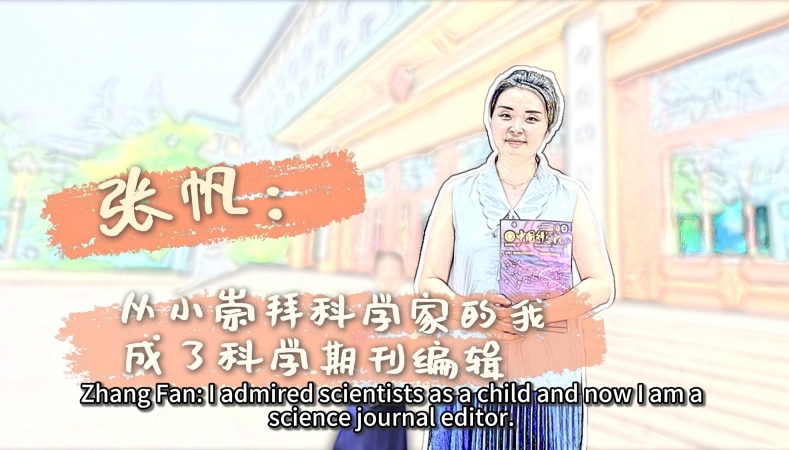Understanding Human-Machine Intelligence

PHOTO: SCREENSHOT
By Liu Wei
The research boom of artificial intelligence (AI) began at the end of the 20th century. However, despite more than 20 years of rapid development, there is still a great gap between AI and human intelligence regarding intelligence level and ability based on the existing mathematical system and the design mode of hardware and software.
The root cause of this is that there is an uncrossable boundary between human intelligence and AI. AI is logical, while human intelligence is not necessarily so. Thus it is particularly crucial to make full use of complementary strengths between human and machine, and advocate "intelligence for good."
The bottleneck of AI: Using logical means to solve illogical problems
From the perspective of human nature, it is difficult to achieve "ethical design." Ethics is a complex behavioral pattern for humans to follow, and it's even more difficult for machines to understand. As for AI, "ethical design" may be more like science fiction than science, more imagination than reality.
The current research of AI has two fatal shortcomings, that are, "equate mathematics with logic" and "confuse symbols with objects."
One of the bottlenecks and difficulties in the field of real intelligence is the maladjustment of a human-machine environment system, which is embodied in how to effectively realize "cross" and "coordination" in cross-domain collaboration.
How to understand and study intelligence problems?
Intelligence is a vast space, which combines objective logic with subjective hyper-logic. Intelligence is not the product of the human brain (or brain-like), nor is it the product of human beings themselves, but the product of the interaction among humans, objects and environmental systems.
The essence of being human is the sum of all social relations. In fact, real intelligence also contains three components: human, objects and environment. With the rapid development of science and technology, the "objects" have been gradually replaced by man-made products or machines, referred to as the human-machine environmental system.
In the real world, interaction among the human-machine-environment system, the situational awareness of being human, the physical situational awareness of a machine and the geographical situational awareness of environment are usually isomorphic in unified space and time. During the interaction process, the situational awareness and behavior characteristics of humans are not determined by human beings alone, but by the whole human-machine-environment system.
In a human-machine-environment interaction system full of variables, the logic of existence is not the necessity and certainty of subjective and objective, but the synchronization of interaction with various possibilities, namely the ability to adapt to changes. This is exactly what AI lacks.
Human-machine hybrid intelligence is the future development direction
The current human-machine relationship is mainly the function distribution: humans guide the main direction, while the machine handles the fine process. The future human-machine relationship may be the division of some function, and the machine can also guide some non-critical direction, while humans can also handle some rigorous processes. Human-machine intelligence is a new intelligent system produced by the interaction among the human-machine-environment system. It differs from human intelligence and AI in three aspects:
First, at the hybrid intelligent input end, it combines the objective data collected by the device sensor with the subjectively perceived information from humans to form a new input mode;
Secondly, in the process of intelligent data/information intermediate processing, the data calculation of a machine is mixed with the information cognition of a human to build a unique way of understanding;
Finally, at the intelligent output end, it matches the result with the human value decision, forming the optimization judgment of the organic coordination with probability and regularity.
Leading ethical governance and advocating "intelligence for good"
As one of the pioneers in the field of AI, China is taking concrete actions to inject its wisdom into the AI global governance system.
In November this year, China submitted a position paper on strengthening the ethical governance of artificial intelligence (AI) to the 2022 Meeting of the High Contracting Parties to the Convention on Certain Conventional Weapons held in Geneva, Switzerland.
As TechBeacon reported, there is no doubt that the application of AI is increasing. This increasing use is driving many role players toward the idea of developing an international, perhaps even global governance framework for AI.
Researchers from Carnegie Endowment for International Peace also said that China's AI governance approaches shouldn't be ignored, because they will profoundly shape how algorithms are regulated within China and around the world.
Liu Wei is director of Human-machine Interaction and Cognitive Engineering Laboratory, Beijing University of Posts and Telecommunications.


